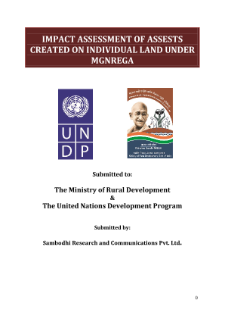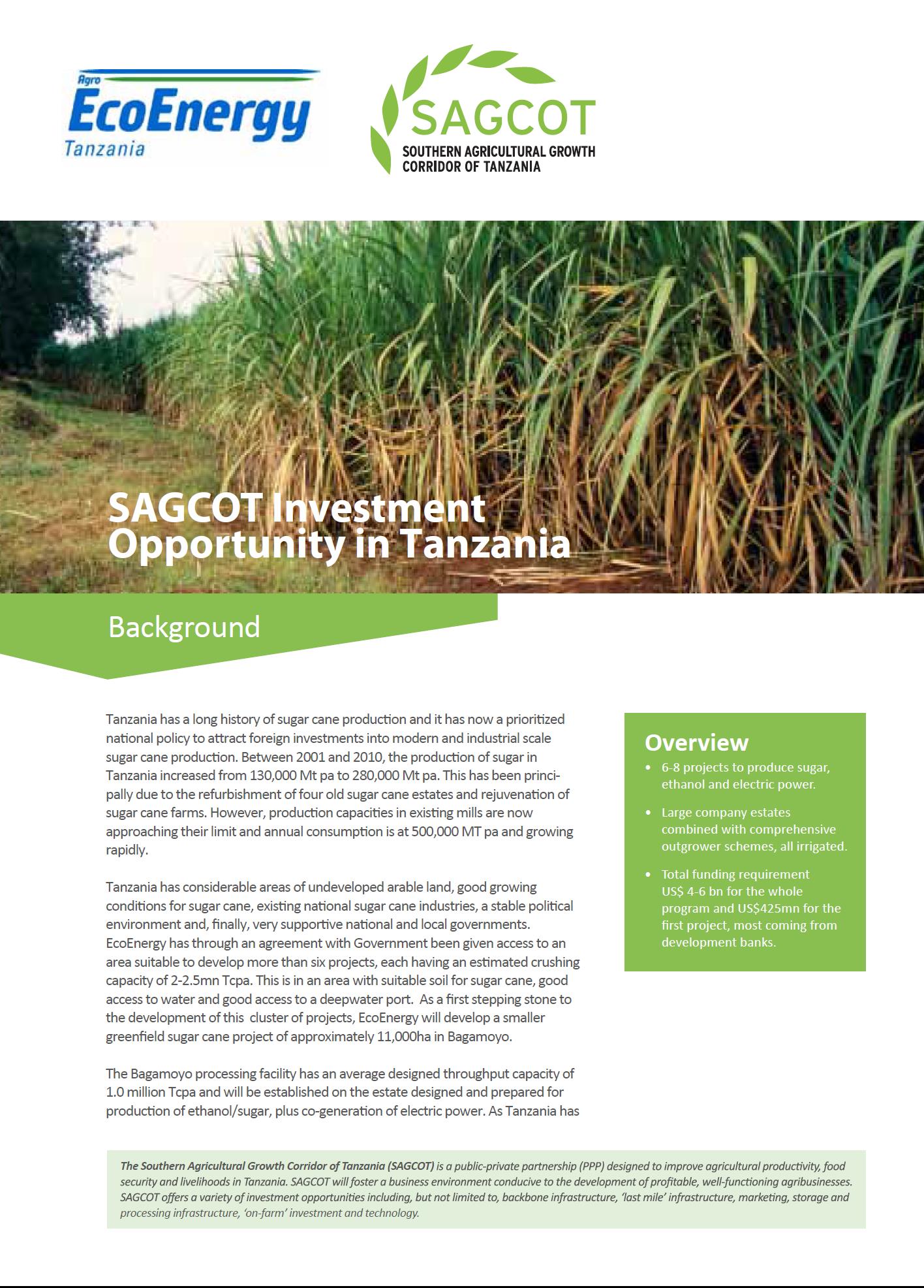Impact Assessment of Assets Created on Individual Land under MGNREGA
The study conducted in Andhra Pradesh, Chhattisgarh, Madhya Pradesh, Odisha, Rajasthan and Uttar Pradesh aims to evaluate the effects of creation of assets on lands of Small and Marginal Farmers, Scheduled Cast /Scheduled Tribe and Indira Awas Yojana Beneficiaries.








